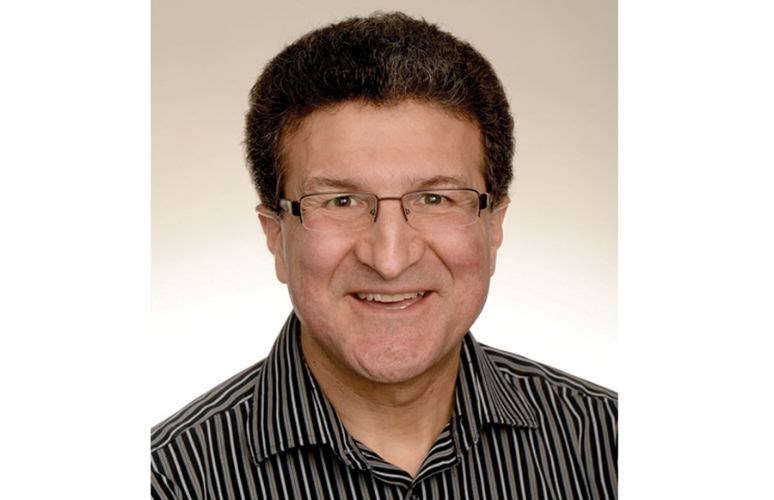Elizabeth Minnich has said, "Education can either maintain the domination or it can liberate."
This is a powerful statement.
Education is a sacred responsibility and it is important for all of us in positions of authority to constantly ask whether the information we are giving is intended to draw out the greatness in every individual or if it is to simply maintain social order.
In other words, do we seek to indoctrinate others, or do we seek to truly educate them.
In the past, school systems were put in place to give young people the basic tools that they would need to function in an industrialized society. They could read, write and do basic mathematics well enough to allow them to function as manual and clerical labourers. They also learned to follow direction from authority figures, which served them well as common, law abiding citizens.
Students were encouraged to think more for themselves in universities, but those were primarily reserved for the elite.
For example, during the colonial period the Belgians provided elementary education to the people of the Congo, but the first Congolese did not earn a university degree until 1956.
When the country was granted independence in 1960, there were literally only a handful of Congolese university graduates.
Although the Belgian Congo is an extreme example, this was the reality for almost all colonized peoples around the world at the time, including the aboriginal peoples of Canada.
The argument that education was used as a tool of domination seems quite valid.
Most educators today, unlike teachers in the colonial period, have the benefit of a liberal arts education where they are encouraged to question the way that things are done and come up with more effective solutions to the challenges the world faces. My own training in cross cultural studies was put to the test when I went to work in this former Belgian colony. I was told by my Congolese co-workers, "You're different from other foreigners, you trust us."
And why wouldn't I? Who better would know the intricacies of working effectively in that cultural context? I said to myself, "Wow! My professors really knew what they were doing. Having an open mind and a respect for other cultures really works!"
I felt that I had been truly liberated, freed to live life to the fullest.
Most people in Canada today receive training in very specialized fields, so few have the opportunity to ponder and discuss the meaning of life in their post-secondary programs. The challenge for educators therefore is to truly educate our children throughout their time in the public school system.
As a teacher, I may have a clear idea of how to make the world better, but the last thing that I want to do is impose my vision onto my students. My goal has to be to give my students the tools they will need to think for themselves as their own intuitions evolve in living beautiful and meaningful lives.
In this way, their education will be truly liberating.



